Premium Only Content
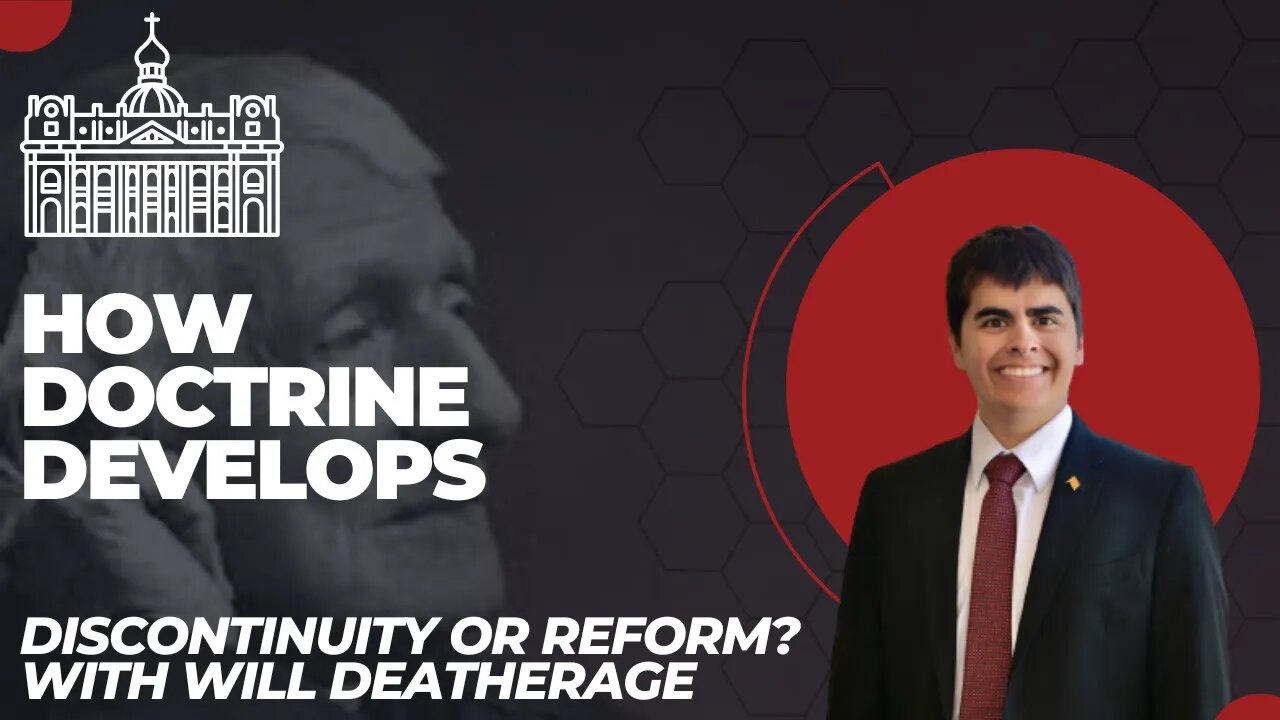
How Doctrine Develops (Discontinuity or Reform Episode 3)
"This episode has demonstrated that the Church is not only obligated to restate or reapply its fundamental principles to changing situations but that failing to do so would ironically yield discontinuity. This is why the theologian Henri Bouillard writes, “a theology which is not up to date is a false theology.”
Read the Thesis Here: https://clarifyingcatholicism.org/essays/theses/florence-and-vatican-ii-on-other-religions-discontinuity-or-reform/
Music: Through the Storm by Erik Jackson: https://www.youtube.com/watch?v=Gf62iBa_RNQ
Outro: Bright White by Shifting Shadows https://from-the-forest.bandcamp.com/album/lighthearted-ep
The Second Vatican Council’s theology of other religions is frequently cited as an example of doctrinal discontinuity in the Catholic Church, since the language of Lumen Gentium 16 from Vatican II seemingly contradicts that of Cantate Domino from the Council of Florence. At face value, the two statements appear at odds; whereas the latter condemns non-Christians to hell, the former asserts that practitioners of other religions can be saved. However, an analysis of each document’s source, authoritative level, intention, assumptions, scope, reception, and accompanying theological ideas reveals that they actually express and apply the same dogmatic principles to different time periods and cultural contexts, which constitutes authentic reform, rather than discontinuity.
Series on Ecumenical Councils: https://www.youtube.com/playlist?list=PLPnp45TCxDtPeT-lOsnFhGn2bShv0vAoL
Series on Magisterial Authority: https://www.youtube.com/playlist?list=PLPnp45TCxDtNMKUDRtQ15pZDTBCCj4Xg_
-
 2:00:39
2:00:39
DLDAfterDark
3 hours ago $1.43 earnedAnderson American Big Bore pistol Contest!
53.8K4 -
 2:02:20
2:02:20
Flyover Conservatives
1 day agoBiohacking Your Health: The Future of Medicine & Longevity - Part 2 - Deep Dive: Drs. Mark and Michele Sherwood | FOC Show
59K2 -
 1:27:30
1:27:30
AlaskanBallistics
4 hours ago $0.55 earnedI Love This Gun PodCast #7
28.9K2 -
 1:04:49
1:04:49
Glenn Greenwald
8 hours agoHow is Trump's Fixation on Taking Over Gaza "America First"?; Netanyahu Never Intended to Carry Through on Ceasefire Deal | SYSTEM UPDATE #405
89.8K106 -
 1:00:06
1:00:06
Rumble Rundown
16 hours agoThe Rumble Rundown: Rumble Studio and Creator Program
83.9K34 -
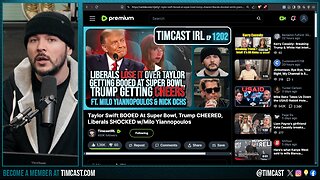 14:20
14:20
Timcast
9 hours agoTim Pool HAS JOINED Rumble Premium, HUGE ANNOUNCEMENT, Timcast Exclusive Content Is MOVING
149K291 -
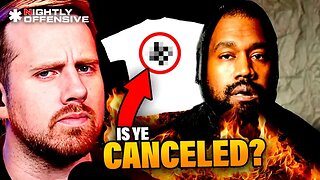 2:14:28
2:14:28
Slightly Offensive
6 hours ago $7.03 earnedELITES Go DEFCON3 on Kanye West, Cancel Culture 2.0 BEGINS! | Nightly Offensive
64.1K19 -
 58:56
58:56
The StoneZONE with Roger Stone
6 hours agoWhy Obama and the Democrats Fear the Blagojevich Pardon | The StoneZONE w/ Roger Stone
48.5K6 -
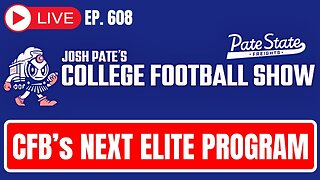 1:07:37
1:07:37
Josh Pate's College Football Show
6 hours ago $1.29 earnedSEC Program Rankings | Next Elite Program | CFB Ratings vs NFL Ratings | 2025 Breakout QBs
31.9K -
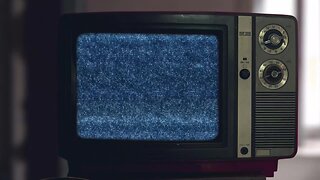 53:28
53:28
Candace Show Podcast
12 hours agoBecoming Brigitte: Jean-Michel Trogneux | Ep 4
160K92